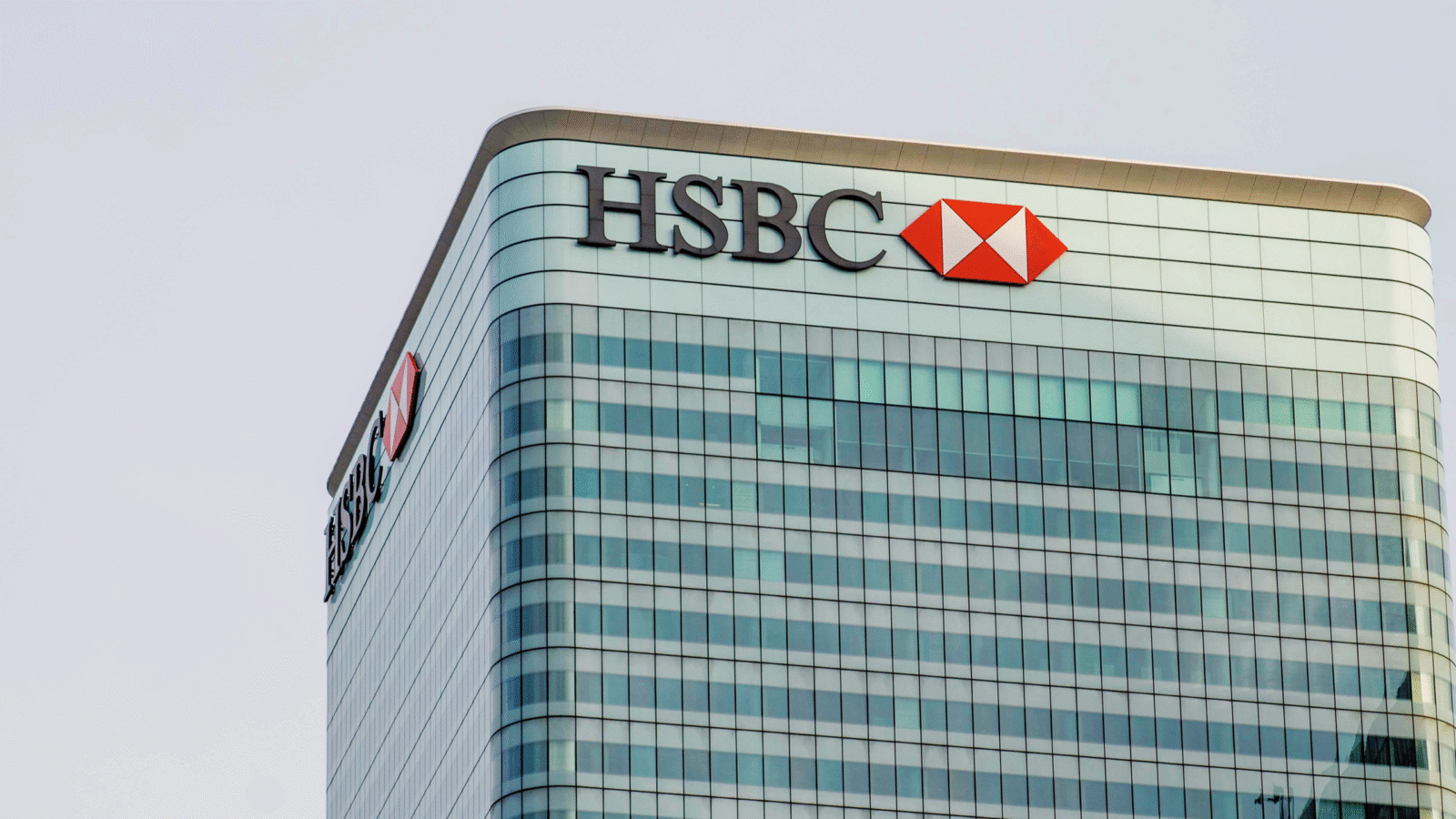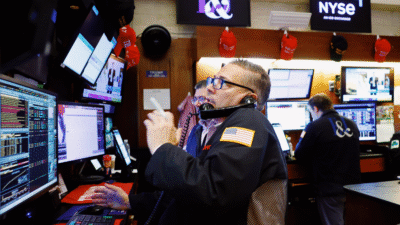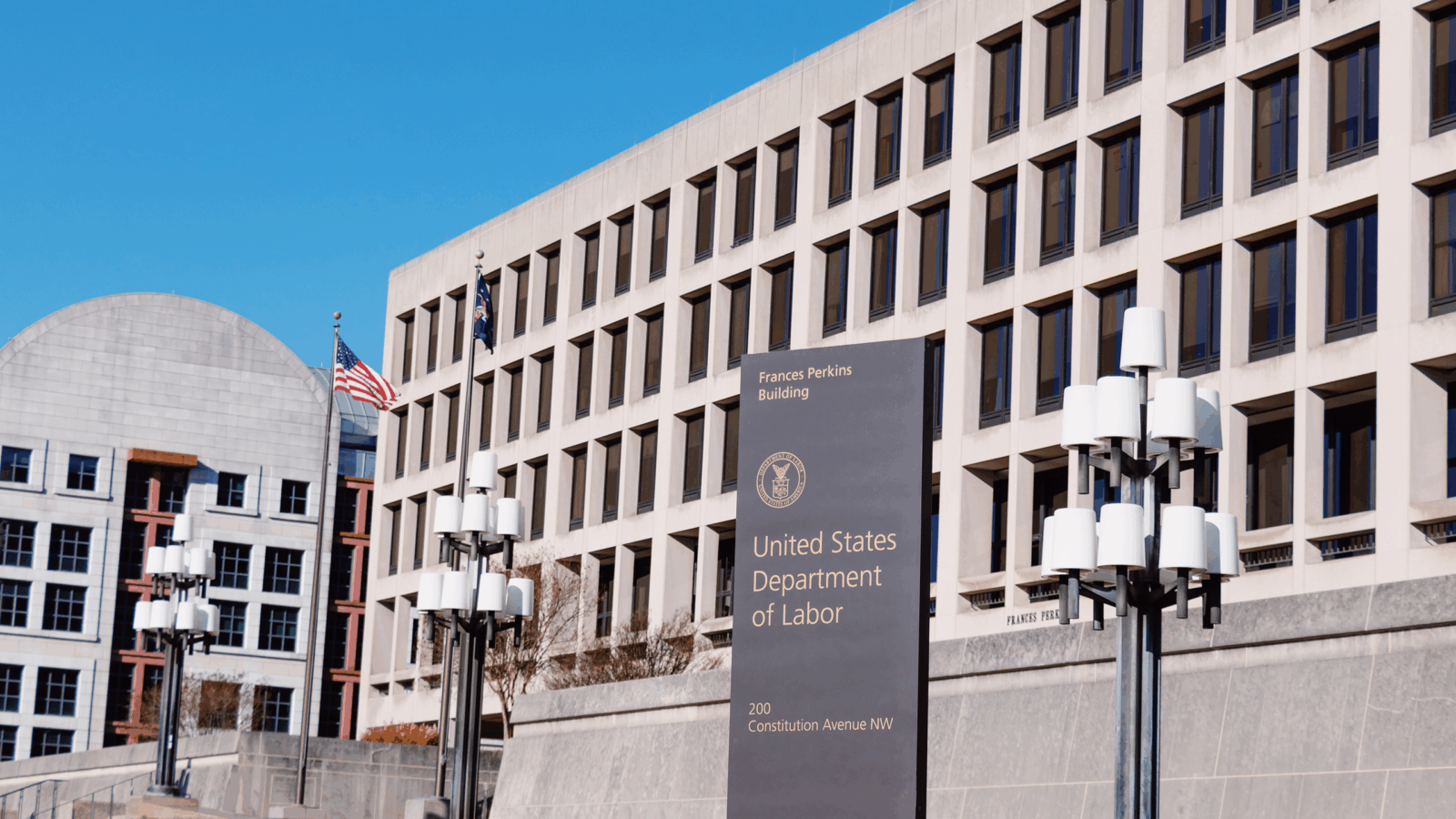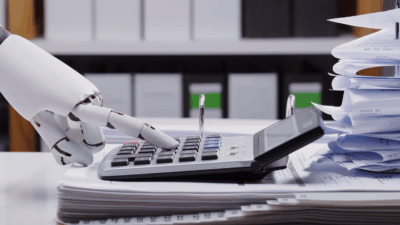The Mental Health Crisis is Slamming Workplaces
Consensus opinion seems to be that a mental health crisis is plaguing the world. And it turns out, good mental health makes wealth.
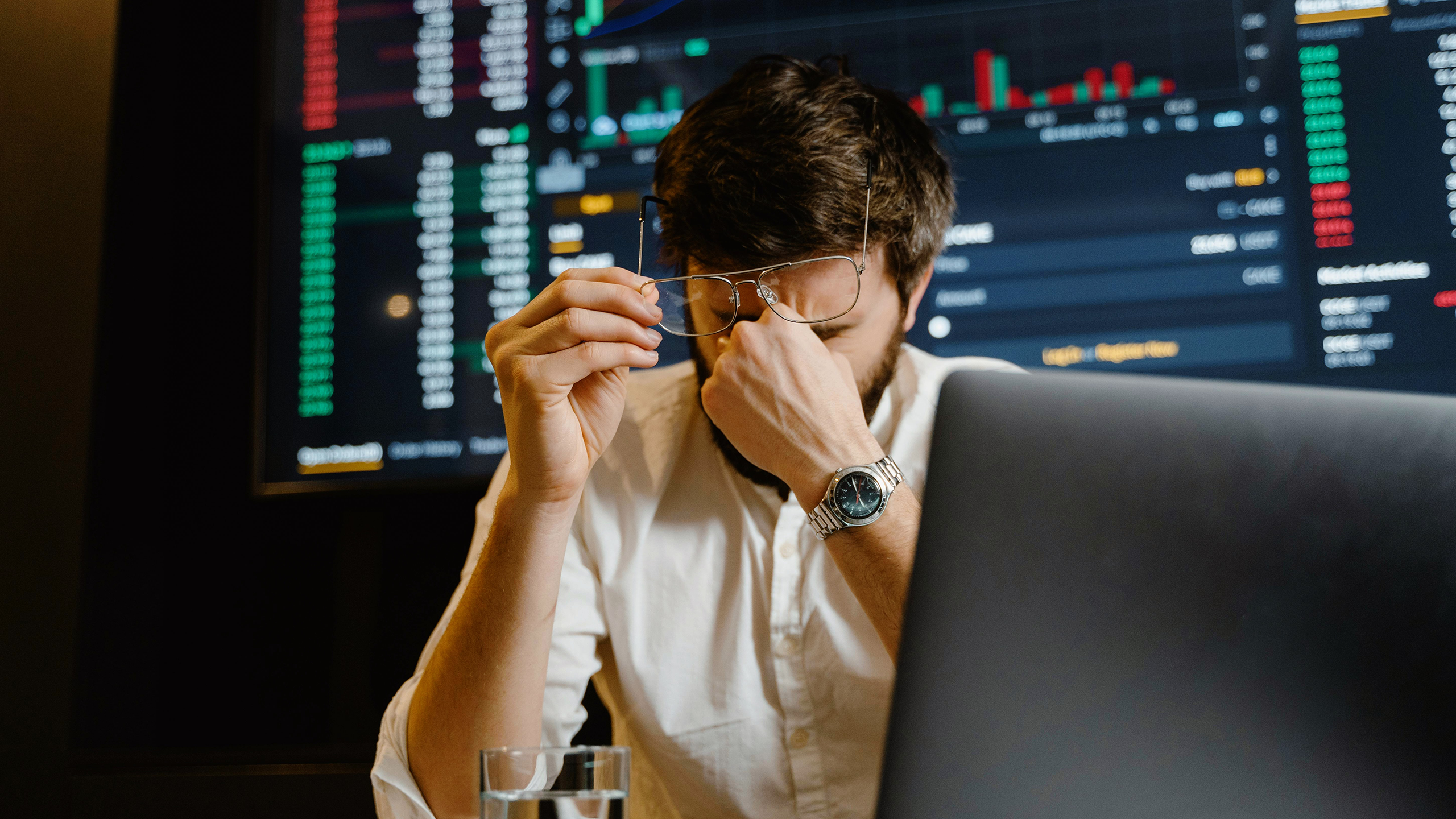
Sign up for smart news, insights, and analysis on the biggest financial stories of the day.
Turns out, mental health makes wealth. Bad mental health, on the other hand…
Whether it’s due to a post-pandemic hangover or the ill-effects of the 24/7 internet age, consensus opinion seems to be that a mental health crisis is plaguing the world. And according to a new analysis by the Financial Times, the crisis has had a surprisingly large impact on the workplace — and the global economy.
A Trillion Dollar Problem
A Gallup survey published last year found that nearly 18% of Americans had been or were being treated for depression, up 7% since 2015. The costs add up. A study from the World Health Organization found around 12 billion working days are lost every year to depression and anxiety, costing the economy a whopping $1 trillion.
“People ask whether we’re just measuring more mental illness because people are more willing to report it,” Kate Pickett, professor of epidemiology at York University, told the FT. “But the increase has been so huge that there is something real going on.”
Conversely, investing in the mental wellbeing of employees has paid off:
- In a study using data of over 1 million employee posts on Indeed, researchers at Oxford University found “a strong positive relationship between employee well-being and firm performance.”
- In fact, the researchers noted that a simulated portfolio featuring the 100 publicly traded companies with the best employee well-being scores on Indeed outperformed the S&P 500 by 11% between January 2021 and July 2024.
Adderall or Nothing: Surveys by both Deloitte and MindForward Alliance found that finance workers were particularly stressed out. And given the field’s notoriously grueling hours, particularly for junior staffers, who can be surprised? Relatedly: A Wall Street Journal investigation published this weekend found the industry’s junior staffers have grown alarmingly dependent on the ADHD medication Adderall to power through the long hours. We’re not doctors, but that doesn’t sound like the healthiest of habits.
